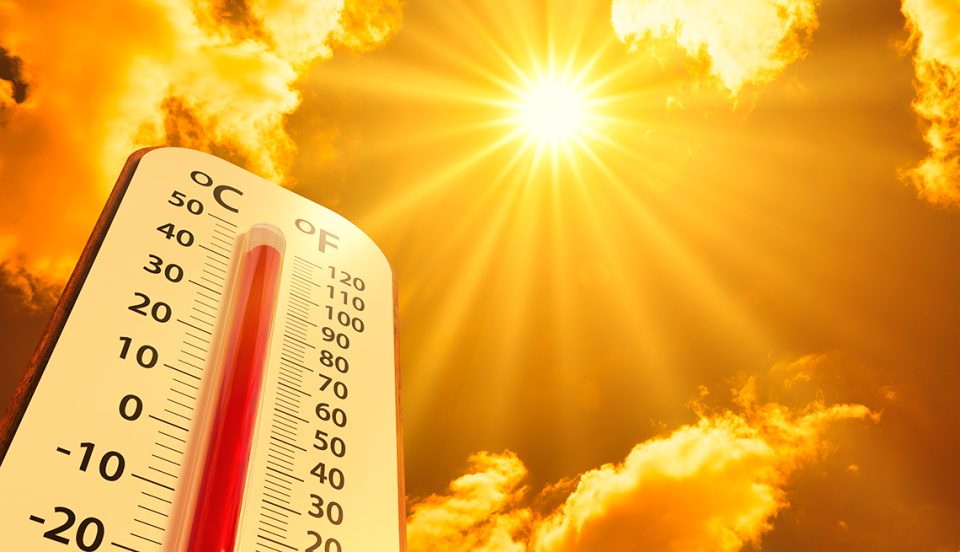FALCON POWERS – In its message on World Malaria Day, the World Health Organization (WHO) stated that rural populations in Africa, who live in conditions of poverty and limited access to education, are “most affected.” The organization cautioned that its strategy, adopted for combating the “disease of poverty” as it is commonly referred to, may miss its implementation opportunities due to poverty.
Experts also cautioned that climate change will expand the geographic range of malaria transmission to previously unaffected countries.
Dr. Islam Anan, a professor of health economics and epidemiology at the International University of Egypt, stated, “Studies indicate that if the Earth’s temperature increases by one degree Celsius by the end of 2030, the number of malaria cases will rise.”
He explained that female Anopheles mosquitoes, which transmit the malaria virus and thrive in high temperatures, may migrate to several countries. These mosquitoes may find suitable habitats in countries experiencing unprecedented temperature increases due to climate change.
Marci Erskine, the director of the Malaria Program at the International Federation of Red Cross and Red Crescent Societies, reported that natural disasters such as floods and rain, which result in stagnant water, create fertile breeding grounds for mosquitoes that transmit the disease.
Erskine, who also heads the Global Malaria Alliance, added, “There are countries that have experienced natural disasters leading to the spread of malaria, as was the case in Pakistan two years ago during the floods.” Experts warn of increased malaria transmission due to climate change.


